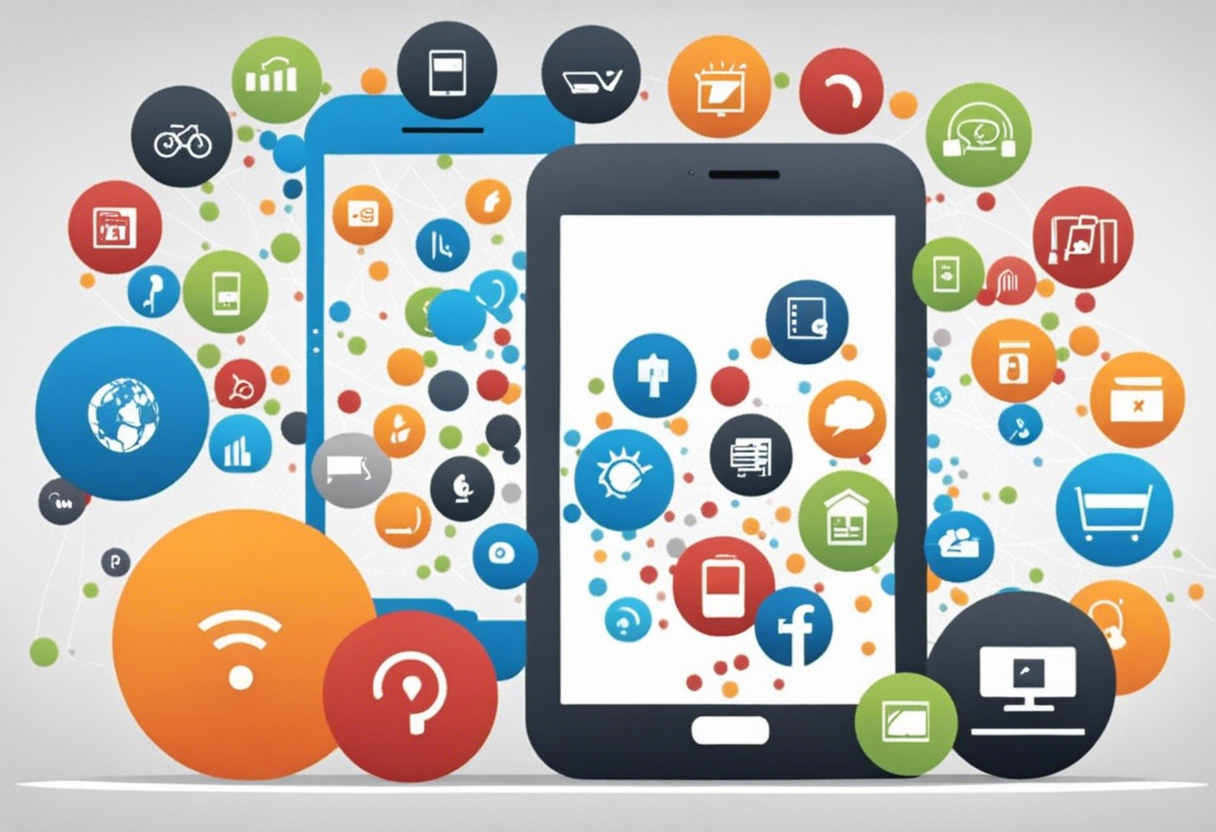Maximizing Freedom and Connectivity: The Proliferation of Free Cell Phones in the Digital Economy
In the contemporary digital economy, the concept of freedom has been redefined to include not just political and social liberties, but also the accessibility and affordability of digital technologies. One of the most emblematic symbols of this transformation is the free cell phone. As a tool for communication, information access, and economic participation, the cell phone has become a necessity rather than a luxury. This section will explore the emergence of free cell phones as a cornerstone of the digital economy, and how they are facilitating unprecedented levels of connectivity and freedom.
The proliferation of free cell phones is largely driven by the recognition of the digital divide - the gap between those who have access to digital technologies and those who do not. As governments, NGOs, and corporations strive to bridge this divide, free cell phones have emerged as a practical and effective solution. These devices, often distributed through social programs or corporate initiatives, are designed to ensure that the benefits of the digital economy are accessible to all, regardless of income or social status.
The Impact of Free Cell Phones on the Digital Economy

The second part of this discussion delves into the profound impact that the distribution of free cell phones has had on the digital economy. At the most basic level, these devices have expanded the digital consumer base, creating new opportunities for businesses and entrepreneurs. However, the influence of free cell phones extends far beyond basic market expansion.
Free cell phones have democratized access to the digital marketplace, enabling even the most economically disadvantaged individuals to participate in the global economy. This has led to an increase in financial inclusion, as individuals who were previously unbanked or underbanked can now access financial services through their cell phones. Moreover, free cell phones have spurred innovation and entrepreneurship, as individuals leverage these devices to launch their own businesses and create new economic opportunities.
Furthermore, free cell phones have played a crucial role in fostering digital literacy. By providing individuals with a tool to access the internet, these devices have made it possible for more people to develop the skills necessary to navigate the digital world. This, in turn, has made the digital economy more inclusive and diverse, as more individuals are able to contribute their unique perspectives and talents.
The Future of Free Cell Phones in the Digital Economy

Looking towards the future, it is clear that free cell phones will continue to play a pivotal role in the digital economy. As technology continues to evolve, these devices will likely become even more integral to our daily lives. This final section will explore some of the potential developments and challenges that lie ahead.
One of the most exciting prospects is the potential for free cell phones to facilitate the development of smart cities. As more individuals gain access to the internet through their cell phones, cities will be able to leverage this connectivity to improve public services, enhance infrastructure, and promote sustainable development. However, this potential is not without its challenges. Ensuring data privacy, combating digital fraud, and addressing the environmental impact of electronic waste are just a few of the issues that will need to be addressed.
The proliferation of free cell phones in the digital economy represents a significant step towards maximizing freedom and connectivity. As we move forward, it will be crucial to continue exploring innovative ways to leverage these devices to foster inclusivity, stimulate economic growth, and promote sustainable development.